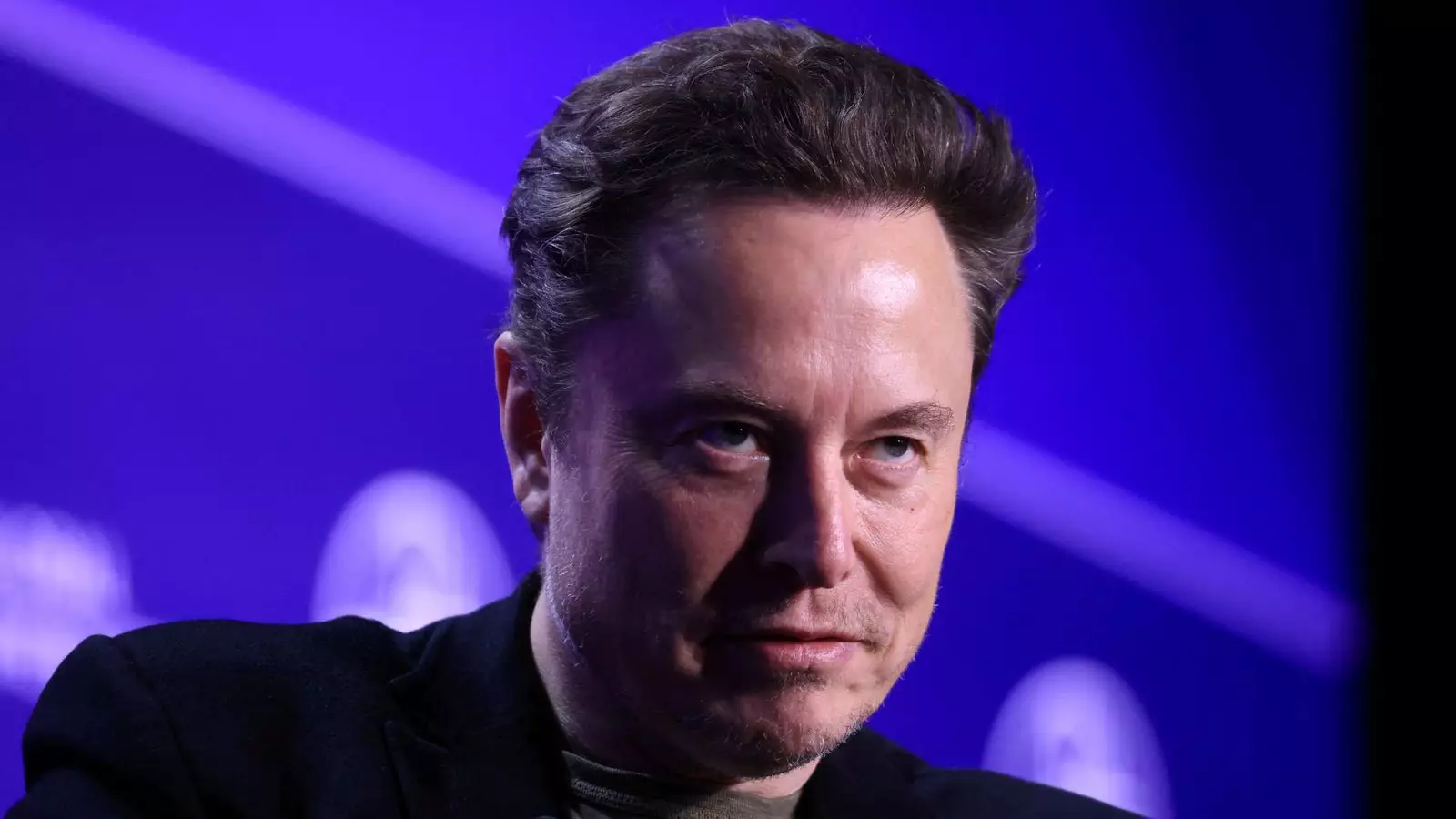Recent events in the UK have shed light on a troubling issue that transcends borders and social platforms—the relationship between digital discourse and real-world violence. The admonition from the Prime Minister’s spokesman about holding individuals accountable for inciting violence online comes in the wake of alarming statements made by high-profile individuals, including billionaire entrepreneur Elon Musk. Such declarations serve to exacerbate tensions during unstable times. Musk’s provocations, notably asserting that “civil war is inevitable,” illustrate how influential figures can contribute to chaos and unrest by irresponsibly amplifying rhetoric that is incendiary rather than conciliatory.
The consequences of such statements are immediate and far-reaching. The statement from Sir Keir Starmer’s spokesman, declaring that those stirring violence online would face prosecution, underscores an urgent need for robust legal frameworks capable of addressing the unique challenges posed by digital incitement. This scenario prompts significant questions about the responsibility of both individuals and the platforms that host their communications.
Governments worldwide are increasingly recognizing that online platforms bear a substantial responsibility for the content disseminated through their channels. The UK’s recent riots, which have seen over 400 arrests linked to misinformation and subsequent violence, illustrate how social media can create dangerous narratives that spiral out of control. Particularly when false narratives about events—such as the tragic incident involving the murder of three young girls in Southport—are sensationalized, the potential for real harm escalates.
The reaction to online misinformation from officials, including Technology Secretary Peter Kyle, signals a pivotal shift towards greater accountability. Kyle’s assertion that social media companies must actively curb the dissemination of harmful content reflects a growing consensus: technology should serve as a tool for societal good, not a vehicle for division and hate. While individual users and groups carry the primary responsibility for creating incendiary content, platforms must implement more rigorous oversight to prevent the spread of misinformation and hate speech.
Public figures, particularly those with extensive followings, wield an undeniable influence over public sentiment. This was evident when controversial personalities like Andrew Tate propagated inaccuracies regarding the Southport attack, exacerbating societal fears and provided fodder for further unrest. The challenge lies in curtailing this influence and ensuring that public discourse aligns with facts rather than incendiary claims.
It is crucial to hold influential individuals accountable for their public statements, particularly in times of crisis. Leaders must emphasize the weight of responsibility that accompanies their platforms, wherein the potential fallout of reckless commentary can fuel societal discord and unrest. In a digitized society rife with diverse opinions and narratives, fostering a culture of accountability is indispensable.
In response to the growing threat of organized violence stemming from misinformation, law enforcement agencies must adapt their practices. Sir Keir Starmer’s announcement of a ‘standing army’ of officers prepared to confront any further disorder demonstrates the need for proactive policing measures aimed at maintaining public safety. This, coupled with judicial reforms to expedite prosecutorial processes for those inciting violence online, could serve as a deterrent against future violence.
However, actions must extend beyond law enforcement alone. Collaborative efforts involving technology companies, government bodies, and civil society are essential in crafting comprehensive strategies to combat misinformation’s corrosive effects. By creating educational campaigns that promote media literacy and responsible dialogue, society can cultivate resilience against the toxic narratives that provoke unrest.
The events unfolding across the UK highlight a pivotal moment in the relationship between social media, public figures, and societal safety. The call for accountability—both from individuals driving narratives and platforms that host them—is more urgent than ever. By reinforcing legal repercussions for inciting violence online, improving collaboration with social media companies, and fostering responsible dialogue, we can work towards a digital landscape that discourages hatred and violence. As communities navigate these challenges, the preservation of public trust and safety should remain at the forefront of efforts to tackle the dual threats posed by misinformation and real-world violence.


Leave a Reply